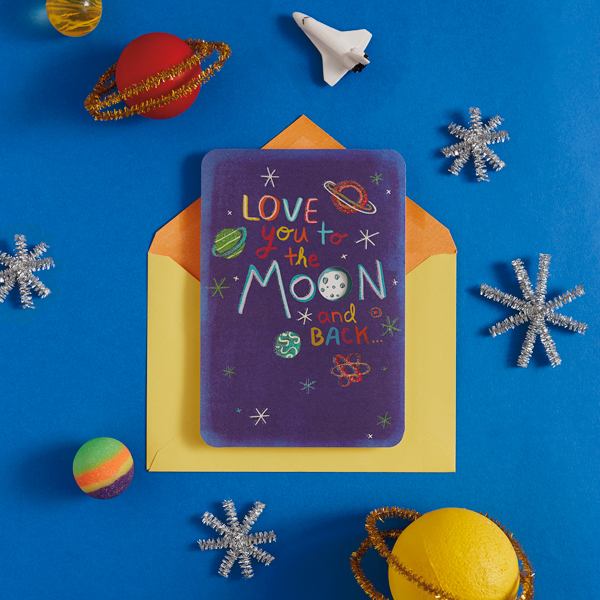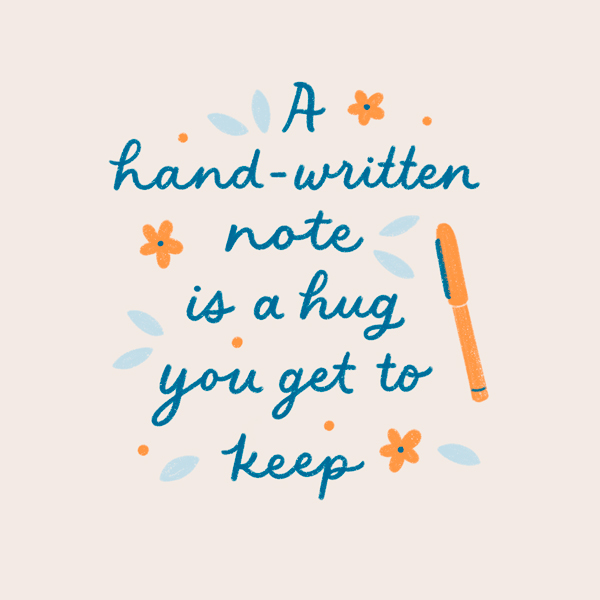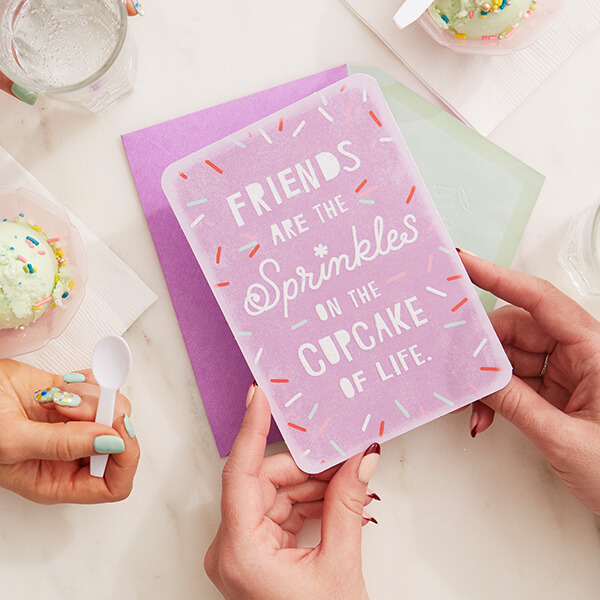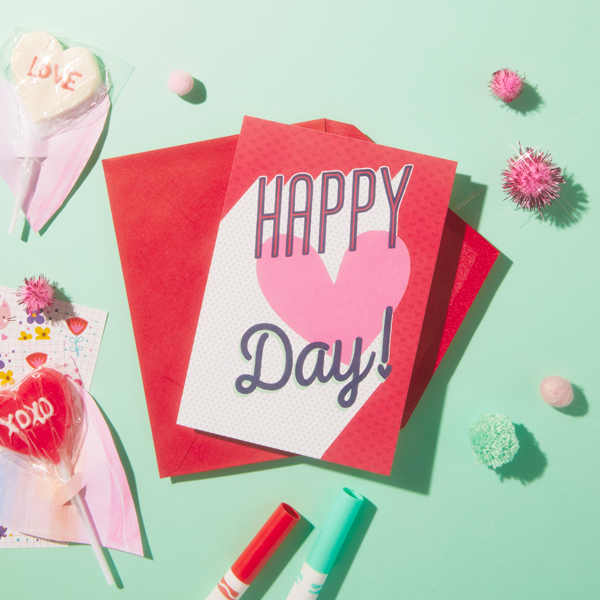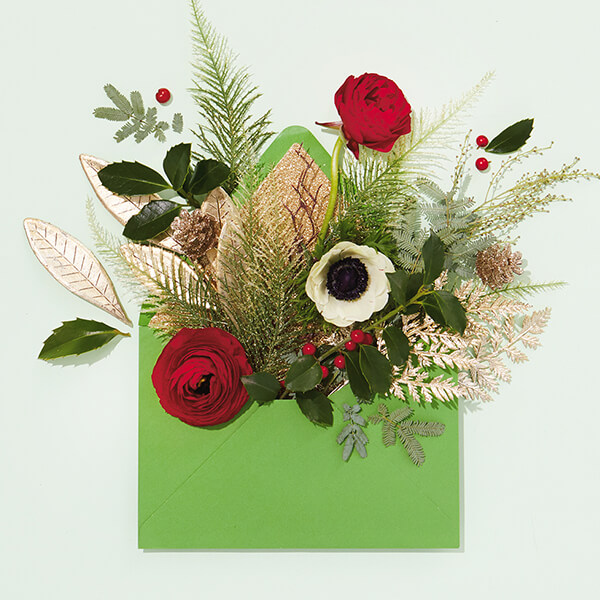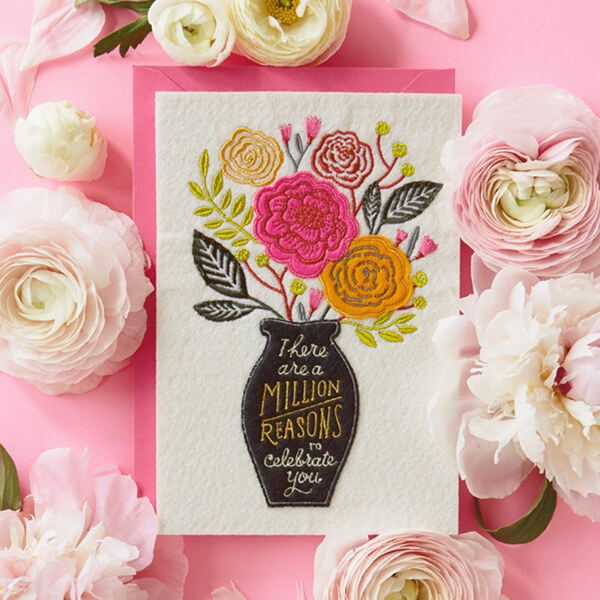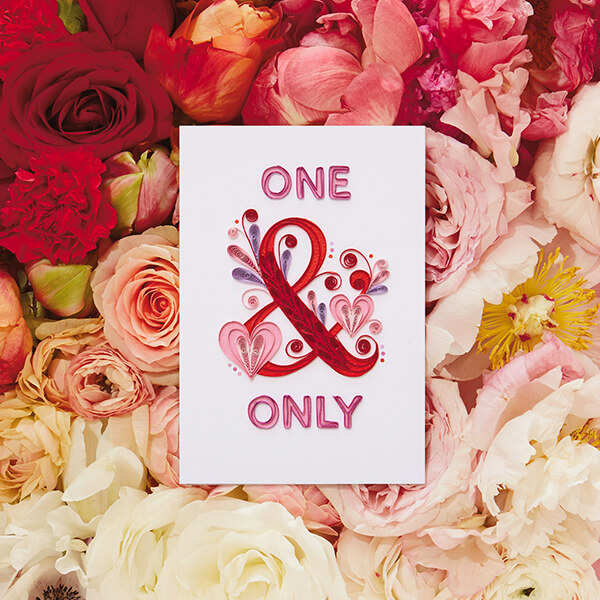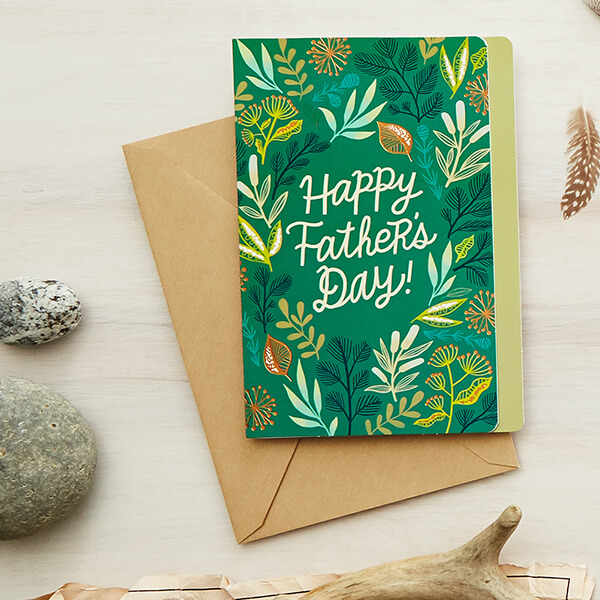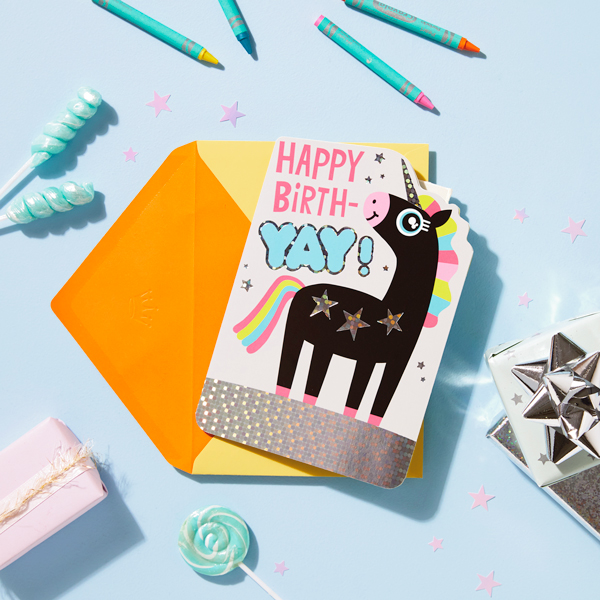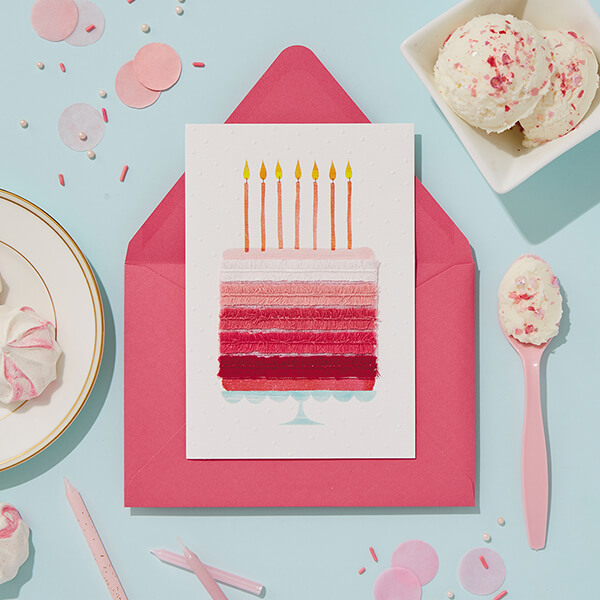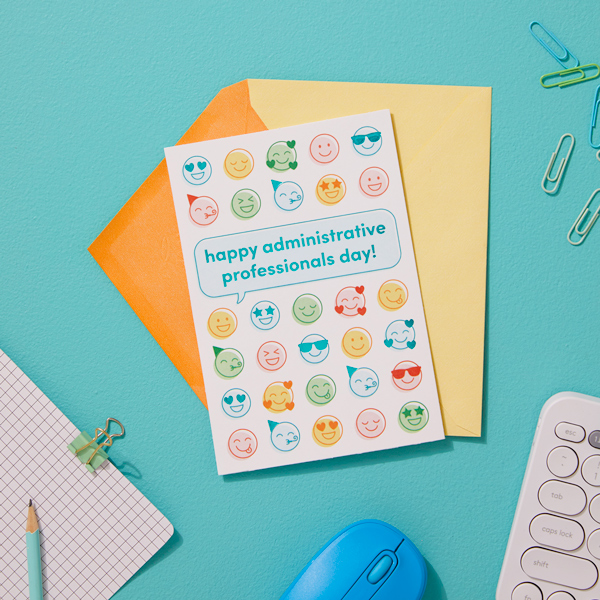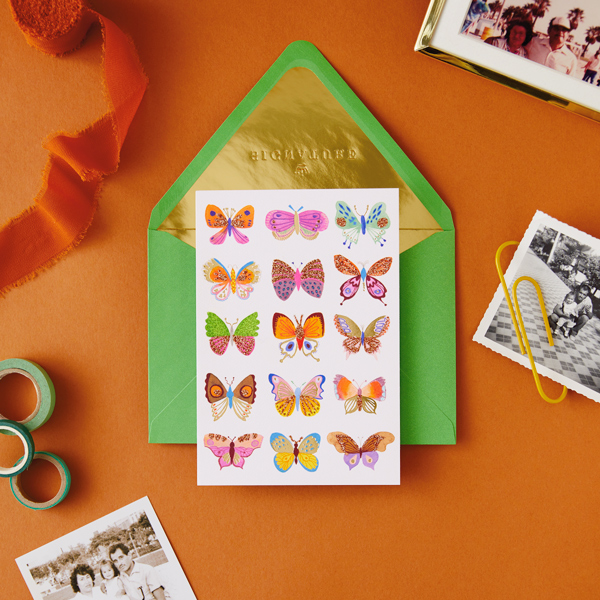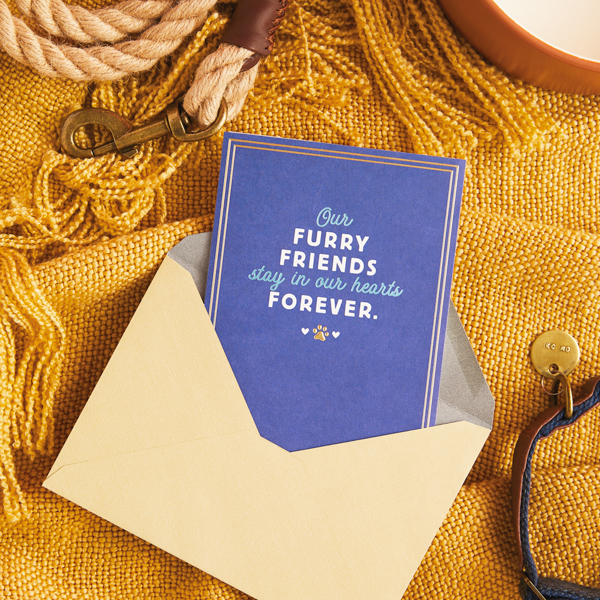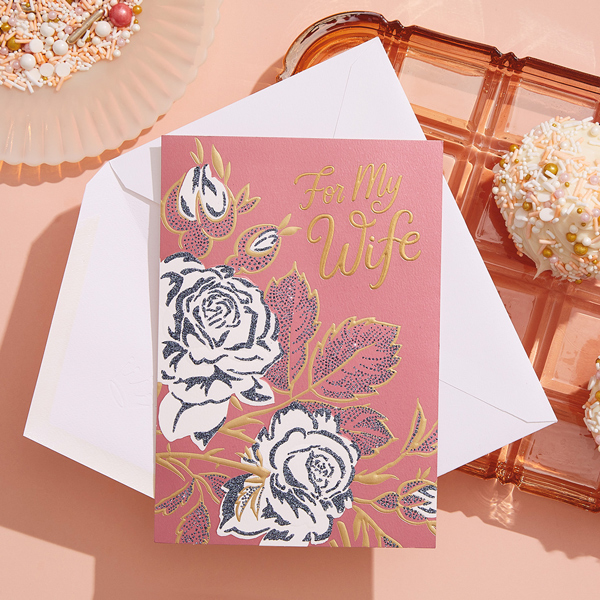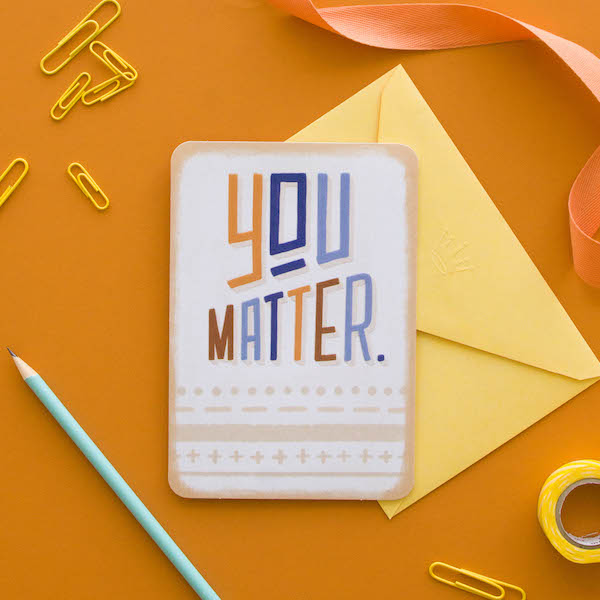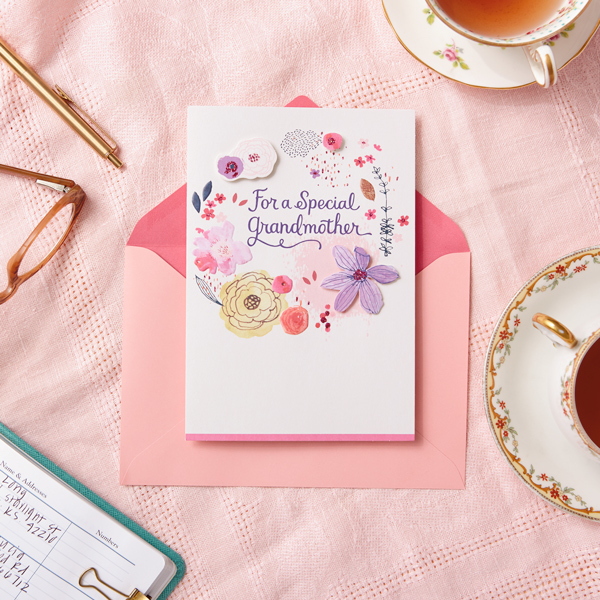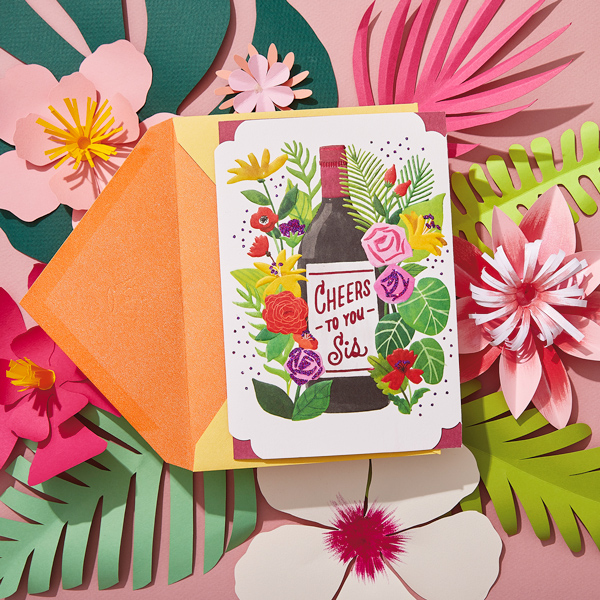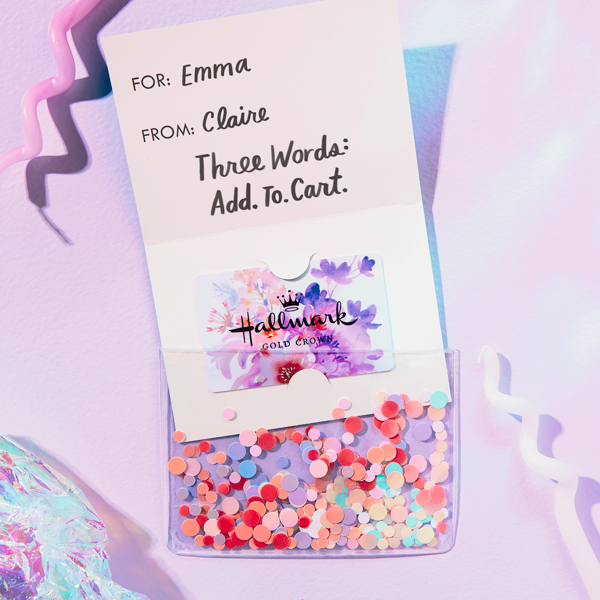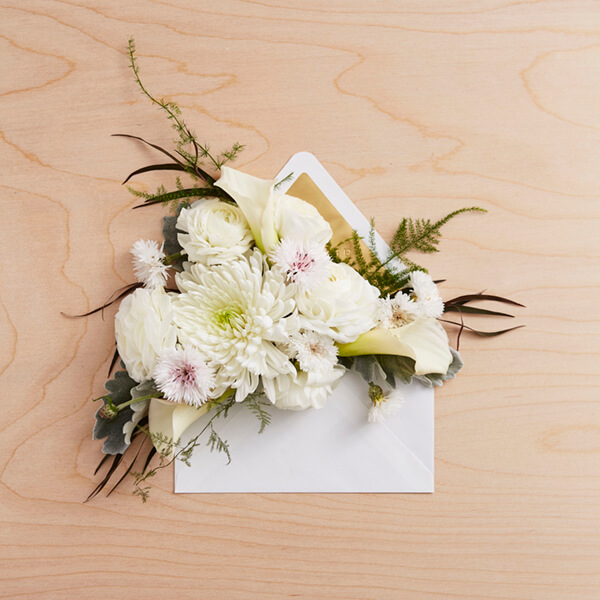What to Write in a Passover Card: Pesach Messages for Friends and Family
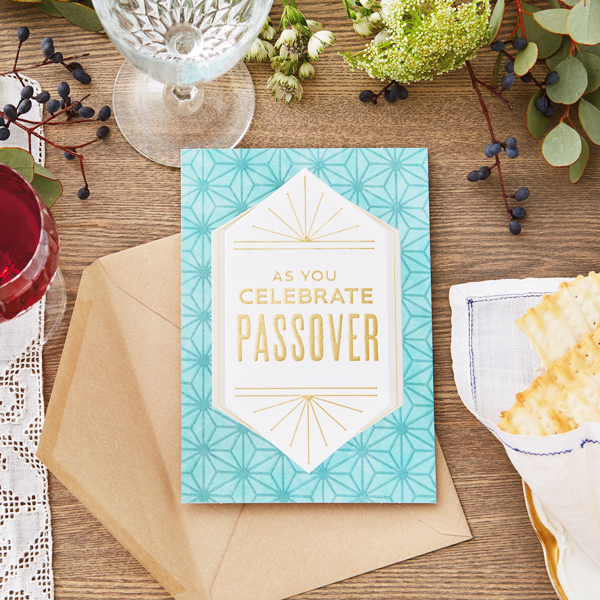
Passover, or Pesach (pay-sock, meaning “to pass over” or “to spare” in Hebrew), is a commemoration of the Israelites’ journey out of slavery in Egypt. It’s a weeklong festival that occurs each year in March or April, in the Hebrew month of Nissan. Passover is a celebration of freedom, renewal and resilience and typically ends with a seder (meaning “order” in Hebrew), a ritual that involves symbolic foods, readings, songs, questions and storytelling.
Inspired? Create and share by tagging @HallmarkStores.
What is Passover?
The story of Passover takes place at a time when the pharaoh of Egypt had enslaved the Israelites, and God called upon Moses to tell the pharaoh to let his people go. When the pharaoh refused, God sent 10 plagues to the Egyptians, the last of which was a vow to send an angel of the Lord to kill the firstborn in each Egyptian home.
Israelites marked their doors with the blood of slaughtered lambs so the plague would “pass over” them and spare their families. After the plague, Israelites fled Egypt immediately. They left so quickly that the bread they were baking didn’t have time to rise. The unleavened bread is known today as matzo, a symbolic cracker. At the shore of the Red Sea, Moses called on God’s power to part the sea. The Israelites passed through safely before the sea crashed in and drowned the Egyptian army.
As the Israelites left Egypt, God commanded the people to mark seven days in the month of Nissan and to observe them each year by eating unleavened bread and telling their children the history of the Israelite’s journey out of Egypt.
Learn more about the history of Passover here.
Ways to Celebrate Passover
Many people celebrate Passover each year with a one- or two-night seder, a ritual meal that includes storytelling, singing, asking questions and eating symbolic foods. The foods on the seder plate represent a variety of things, from the bitterness of slavery to the circle of life.
At Passover, it’s also common to send cards and well-wishes to friends and family who observe the holiday. You don’t have to be a close relative in order to share your “Happy Passover” wishes. Here are some ideas for what to write in a Passover card no matter who is celebrating.
Find Passover cards here.
General and Traditional Passover Wishes
These expressions are fitting for anyone who celebrates Passover.
- “Happy Passover!”
- “Chag Sameach!” (Happy Holiday!)
- “Chag Pesach Sameach!” (Happy Passover!)
- “Chag Pesach kasher vesame’ach.” (Have a kosher and joyous Passover.)
- “Thinking of you this Passover.”
- “Wishing you a meaningful Passover.”
- “Thinking of you during this time of reflection and renewal.”
Passover Messages for Family
Family often gathers at Passover for seder and to honor and retell the stories of their history together. Add a personal touch to your Passover greetings with these messages.
- “Here’s to a meaningful Seder and a Happy Passover.”
- “Thinking of you as we commemorate a profound time in our history.”
- “There’s no better time than Passover to say thanks for the love we’re surrounded by all year.”
- “When I count my blessings this time of year, you’re at the top of my list!”
- “Grateful for family like you as we celebrate times like these.”
- “Passover is a time for remembering, and I’ll never forget what you mean to me.”
Passover Greetings for Friends
Share these simple phrases with friends who celebrate Passover.
- “Wishing you peace and blessings this Passover.”
- “Thinking of you as you celebrate such an important time of renewal.”
- “Keeping you and our friendship in my heart during this season of blessings.”
- “Wishing you the best at Passover and always.”
- “Here’s to a full plate and a happy heart this Passover. Grateful for all your friendship has brought to my life.”
- “Sending you love and gratitude for our friendship this Passover.”
Passover Wishes for Kids
For kids, Passover can be a meaningful and exciting holiday, as there are several traditions that include or focus on children, such as the hiding (and finding!) of the afikomen (a piece of matzo, sometimes chocolate-covered, and wrapped in a cloth), the ritual of asking questions, and learning about and reading the stories of Passover.
- “Here’s to a sweet Passover for one cool kid!”
- “Wishing you lotsa matzo and a Happy Passover!”
- “Hope you find the afikomen!”
- “So many questions, so little time. Have a great Passover!”
- “Here’s to freedom, feasts and family!”
What to Write in a Thank-You Note after Attending a Seder
If you learned something new or observed an interesting ritual that piqued your interest, be sure to say so. Extend gratitude for the meal, the time together, and the opportunity to experience something dear to your friend or family’s hearts.
Here are a few phrases that work well:
- “Thank you for including me in such a meaningful ritual.”
- “I learned a lot and appreciated the warm welcome—and the food!”
- “I am grateful to have been included. Thank you for having me.”
- “Passover is such a special time, and I am honored to have experienced a seder with you.”
- “Thanks for introducing me to your traditions!”
Shop Passover
See allYou may also like
See more-
Card Ideas Card messages for kids: What to write in a kid’s holiday card and more
My 3-year-old was having a hard time at preschool drop-off. Dragging his feet. Asking to stay home. This went on a fe...
-
Card Ideas Sending Cards and Letters: Our Best Advice and Ideas
Maybe you’ve made it a goal to develop a letter writing habit. Maybe you have someone you feel the need to reach out ...
-
Friends Friendship messages: What to write in a friendship card
Whether it’s your friend’s birthday or just any old day, sending a card is a great way to bring a smile and nurture ...
-
Graduation What to write in a graduation card
Hats off to graduates! Whether they’re earning a diploma, a program certificate, a degree or even a cool new professi...
-
Valentine's Day 100+ kids valentine messages: From kid-to-kid, for teacher and more
Refrigerator doors everywhere will soon be covered with valentines from kids. The right message added inside can make...
-
Christmas Christmas wishes: What to write in a Christmas card
Get sample messages, tips and watch our new video guide to write the perfect Christmas card.
-
Mother's Day What to write in a Mother's Day card
Chances are you know at least a few moms who deserve a shout-out on Mother’s Day. If you’d like some creative ideas f...
-
Valentine's Day Valentine messages: What to write in a Valentine's Day card
Back in the day, when you had to come up with a valentine for everyone in your class, it was enough just to sign your...
-
Father's Day Father's Day messages: What to write in a Father's Day card
Find just the right Father's Day message to tell Dad just how much you appreciate him.
-
Card Ideas Card messages for kids: What to write in a kid’s birthday card
After the birthday party, when the calm has returned, is when my kids come back to their birthday cards. The cards ar...
-
Birthday What to write in a birthday card
Some people have no problem coming up with what to write in a birthday card. Just hand them a pen and they’ll effortl...
-
Card Ideas What to write: Message ideas for Administrative Professionals Day
Everyone knows that behind every well-run office is a great administrative assistant, and Administrative Professional...
-
Care & Concern What to Write When Trying to Reconcile With a Loved One
Being estranged from someone hurts, plain and simple. And in today’s society, it’s increasingly common. According to ...
-
Card Ideas What to Say When Someone Loses a Pet
My first cat died when I was 8 years old. His name was Barnabus—after the soap opera vampire—and he was a handsome bl...
-
Card Ideas What to Write: Birthday Messages for Your Wife
No matter how long you’ve been married, you know that words mean a lot. And sometimes, the right words at the right t...
-
Encouragement Encouragement Messages: What to Write in an Encouragement Card
Everyone can use a little encouragement now and then. Sadly, both inner struggles and external setbacks are an una...
-
Card Ideas What to write: Messages for grandparents
Nana, Bumpa, Gam, Pop…such short names for people who hold such a big part of your heart! Maybe it’s because they spo...
-
Card Ideas What to Write: Birthday Wishes for Sisters
Our relationships with our sisters can be beautiful, fun and funny, complex and complicated, and even messy things. S...
-
Card Ideas What to write: 238 short, sweet and funny gift card message ideas
There are some people who are inclined to say that gift cards are impersonal. But we’re here to offer the opinion tha...
-
Sympathy Sympathy messages: What to write in a sympathy card
Signing a sympathy card isn’t easy. We search for words. We wonder what would be comforting to hear. We worry about s...

